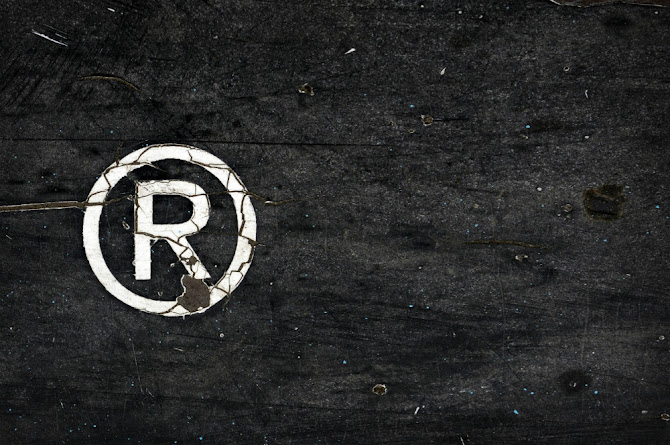"But I say unto you, That whosoever is angry with his brother without a cause shall be in danger of the judgment: and whosoever shall say to his brother, Raca, shall be in danger of the council: but whosoever shall say, Thou fool, shall be in danger of hell fire."
The word "Raca" is translated as a kinda "emptyhead" or "Dumb Dumb" in Aramaic, but go to the Hebrew and you find the word "rakha" meaning "sissy," the equivalent in the ancient world of today's "faggot." Certain Bible scriptures only make sense if you put them back in the Hebrew (Mishnaic Hebrew was a living and thriving language in Jesus's time and it's an error to say He spoke mostly Aramaic instead of Hebrew because of a few loan words from the Aramaic we find in the Gospels). The Bible itself states Jesus spoke in Hebrew (Acts. 26:14) and the same with Paul (Acts. 21:40).
So here's a scripture in which Jesus seems to be saying; "Make a derogatory remark against a man's homosexuality, and you will answer to a council." It would have not been a Judicial Council because Jesus forbade taking other Christians to court, but if we look at Psalm 82:1, it says; "God has taken his place in the divine council... " A divine council in the Heavenlies.
It's in the loving nature of Jesus that NO ONE should be called names, so a homosexual interpretation of this passage is not a stretch if Jesus wanted to call out people on a specific name calling.


No comments:
Post a Comment